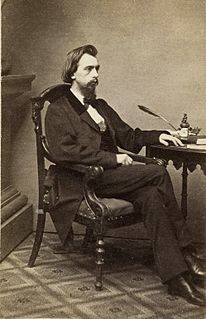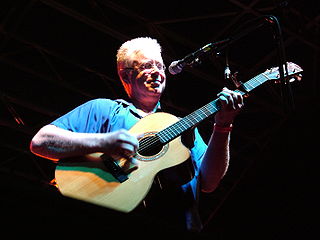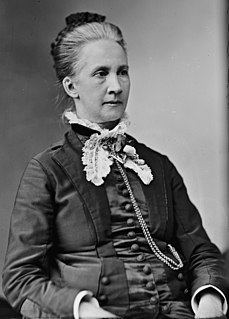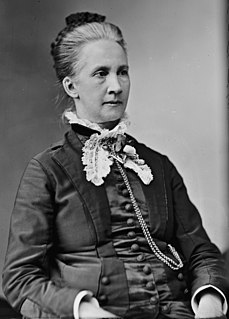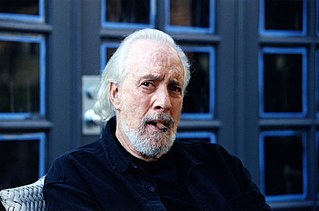A Quote by John George Nicolay
In the early West, law and politics were parallel roads to usefulness as well as distinction.
Quote Topics
Related Quotes
Journalists don't sit down and think, "I'm now going to speak for the establishment." Of course not. But they internalize a whole set of assumptions, and one of the most potent assumptions is that the world should be seen in terms of its usefulness to the West, not humanity. This leads journalists to make a distinction between people who matter and people who don't matter.
I think there has been an unfortunate tendency for a lot of different groups to forget that distinction between natural law and revealed truth and to say: Our complete agenda is to be enacted into laws governing the entire society. Many different religious groups claim that authority, not only Catholics. A lot of different Protestant groups as well are stepping forward to say: Here is our agenda, it is a moral agenda, ergo it must be enacted into law. I think that the distinction between natural law and more ultimate kinds of doctrine is being lost.
The cars of the migrant people crawled out of the side roads onto the great cross-country highway, and they took the migrant way to the West.... And because they were lonely and perplexed, because they had all come from a place of sadness and worry and defeat, and because they were all going to a mysterious new place, ... a strange thing happened: the twenty families became one family, the children were the children of all. The loss of home became one loss, and the golden time in the West was one dream.
For years I have told my students that I been trying to train executives rather than clerks. The distinction between the two is parallel to the distinction previously made between understanding and knowledge. It is a mighty low executive who cannot hire several people with command of more knowledge than he has himself.
There is only one law of Nature-the second law of thermodynamics-which recognises a distinction between past and future more profound than the difference of plus and minus. It stands aloof from all the rest. ... It opens up a new province of knowledge, namely, the study of organisation; and it is in connection with organisation that a direction of time-flow and a distinction between doing and undoing appears for the first time.
When I was at Notre Dame studying under Joe Evans, Frank O'Malley, and others, there was a very lively debate about the distinction between natural law and revealed truth. Most of the philosophers of church and state expected that what was going to be advocated as the law of the land would be related to natural law. If you attempted to draw lines about certain general moral truths that were derivative of logic and reason, they would prove to be widely shared, and therefore suitable to be enacted into law on both the civic and religious sides.
The belief that politics can be scientific must inevitably produce tyrannies. Politics cannot be a science, because in politics theory and practice cannot be separated, and the sciences depend upon their separation. Empirical politics must be kept in bounds by democratic institutions, which leave it up to the subjects of the experiment to say whether it shall be tried, and to stop it if they dislike it, because, in politics, there is a distinction, unknown to science, between Truth and Justice.
